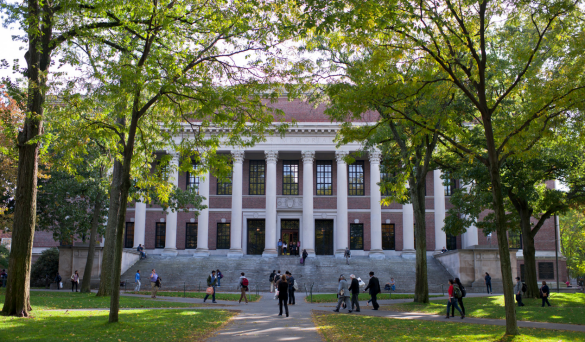
by Katherine Reis and Zainab Khan, Staff Writers
Recently, Harvard’s School of Education released a report called Turning the Tide, proposing drastic changes to college applications and how students and faculty at the high school level view the process. In short, the report detailed that students have become inept to taking as many Advanced Placement (AP) classes as possible and listing multiple school clubs as activities to make themselves look more appealing in the eyes of universities.
The report proposed that students should be taught to focus on the common good, not just individual success, and should instead only take a few AP classes and be apart of community services and clubs where they can show direct leadership positions and make a real impact.
The proposed new applications will only have spots for two or three activities, where students will then have to explain their position within that specific extracurricular, and how it was meaningful to them. The report also reduces its emphasis on the Scholastic Aptitude Test (SAT), American College Testing (ACT) and standardized testing as a whole, saying not only that these scores statistically have not predicted college success, but institutions in general have begun to place less importance on them.
This report not only offers these ideas as a way to improve communities, but is ultimately a hope that the mental health of students will improve as well. High school has become strictly about college admissions, which has added extreme, unnecessary stress to the lives of young adults. This proposal allows for students to make extracurriculars and community service an equal priority to grades, which creates social growth, a factor that is just as important as intellectual growth.
The report claims that the new changes also decreases stress because it causes students to place less emphasis on their academics. With less focus on grades, the schools want the students to remain committed to their communities and focus on building and being a leader in their communities.
These changes are to be acted out this upcoming year and the schools that have agreed to test these new changes out for the next two years to see what an impact it makes on their school and the students that have been admitted.





